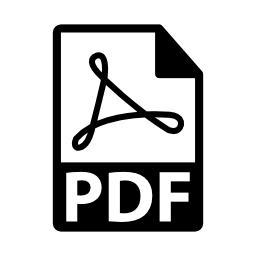December/January 2023/2024 (vol. 20/4)
ContentsFeaturesNewsLegal
NewsResearch DigestResearch PlusCPD
 PERSONAL LEARNING ZONE
PERSONAL LEARNING ZONE
Summary:
FEATURED ARTICLE
This issue of Occupational Health [at Work] features a Personal Learning Zone (PLZ) article recommended for continuing professional development (CPD). The assignment questions, ‘Personal learning statement’ and ‘Certificate of engagement’ are available to subscribers at ohaw.co/AWPcpd. These will also be stored in your password-protected PLZ. The PLZ will help you document your own CPD. Occupational health physicians and nurses; occupational hygienists and other professionals can use the resource in support of their specialism’s revalidation or CPD requirements.
Pages 16–19. Tourette’s syndrome, stigma and workplace adjustments.
Negative attitudes and discriminatory practices are among the greatest barriers faced by adults with Tourette’s syndrome (TS) to obtaining and maintaining employment. A range of workplace adjustments and individual support can help individuals with TS thrive at work.
ADDITIONAL CPD
The following articles, news and research items are suggested reading for CPD and professional revalidation. Subscribers can complete their online Personal Learning Zone CPD record at ohaw.co/AWPcpd
Page 5. A set of contemporary job titles for OH nurses has been defined by the Faculty of Occupational Health Nursing and the National School of Occupational Health.
Page 6. Millions of women feel their careers have been hindered by menopause, and even more say they have considered quitting their jobs owing to menstrual or menopausal symptoms.
Pages 8–9. As illustrated in AECOM v Mallon, to be under a duty to make reasonable adjustments, an employer not only needs to know (actually or constructively) of an employee’s disability, but also of the substantial disadvantage the employee faces because of the employer’s provision, criterion or practice. It should make reasonable enquiries to establish this.
Pages 12–15. The Information Commissioner’s Office has published guidance making clear employers’ duties to protect workers’ health information.
Pages 20–32. Employers wishing to improve the employment prospects and career experiences of disabled people should adopt joined-up, whole-organisation strategies to understand and address the health and wellbeing needs of their current and future workforce.
Pages 33–35. Legislation coming into force in 2024 will impose a duty on employers to take reasonable steps to prevent sexual harassment of their employees in the course of their employment.
Pages 41–42. Our compendium of recent research in OH includes a study linking employees’ awareness and use of workplace health promotion schemes with their performance at work.
Author:
Occupational Health at Work December/January 2023/2024 (vol. 20/4) pp43



